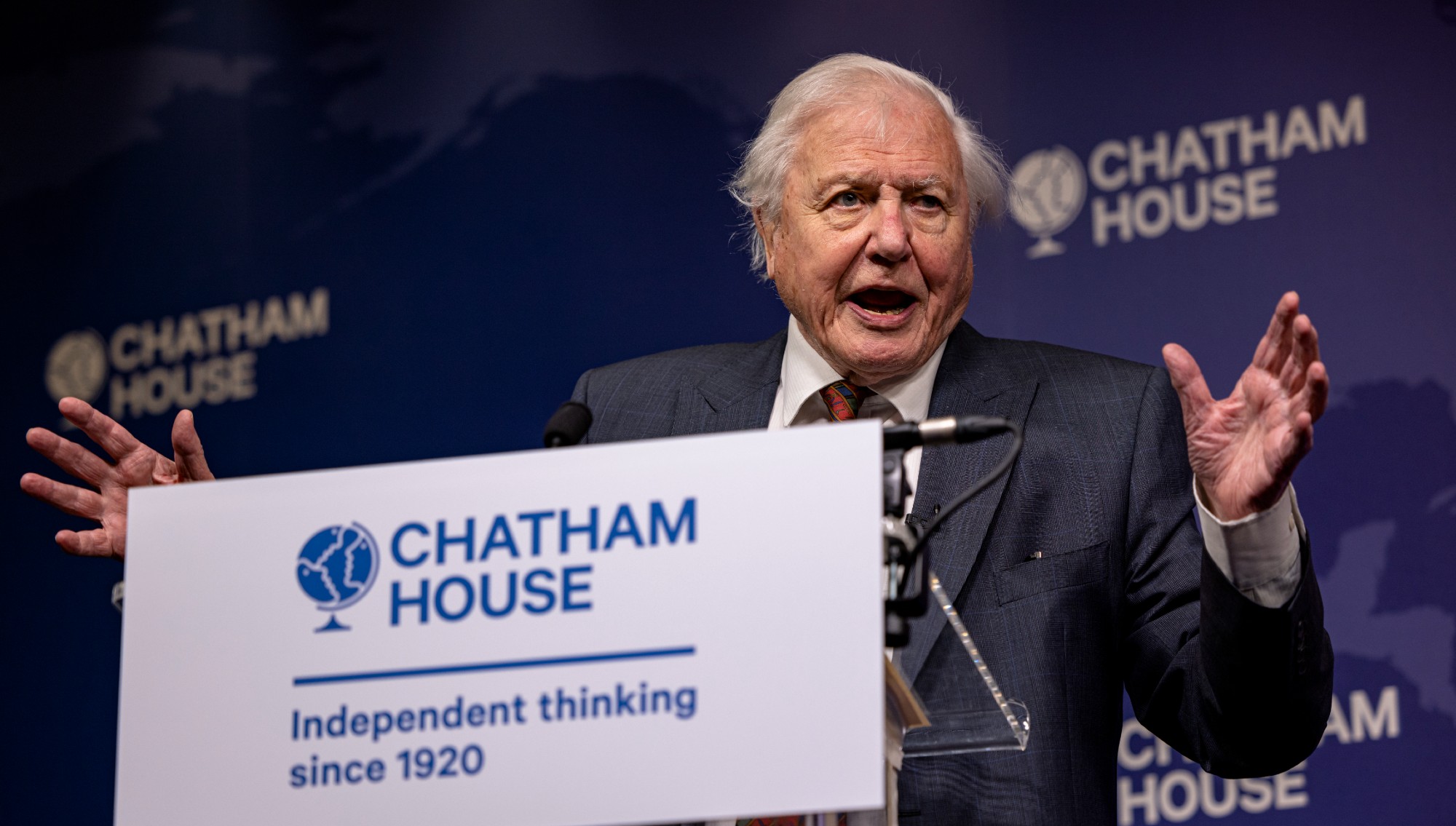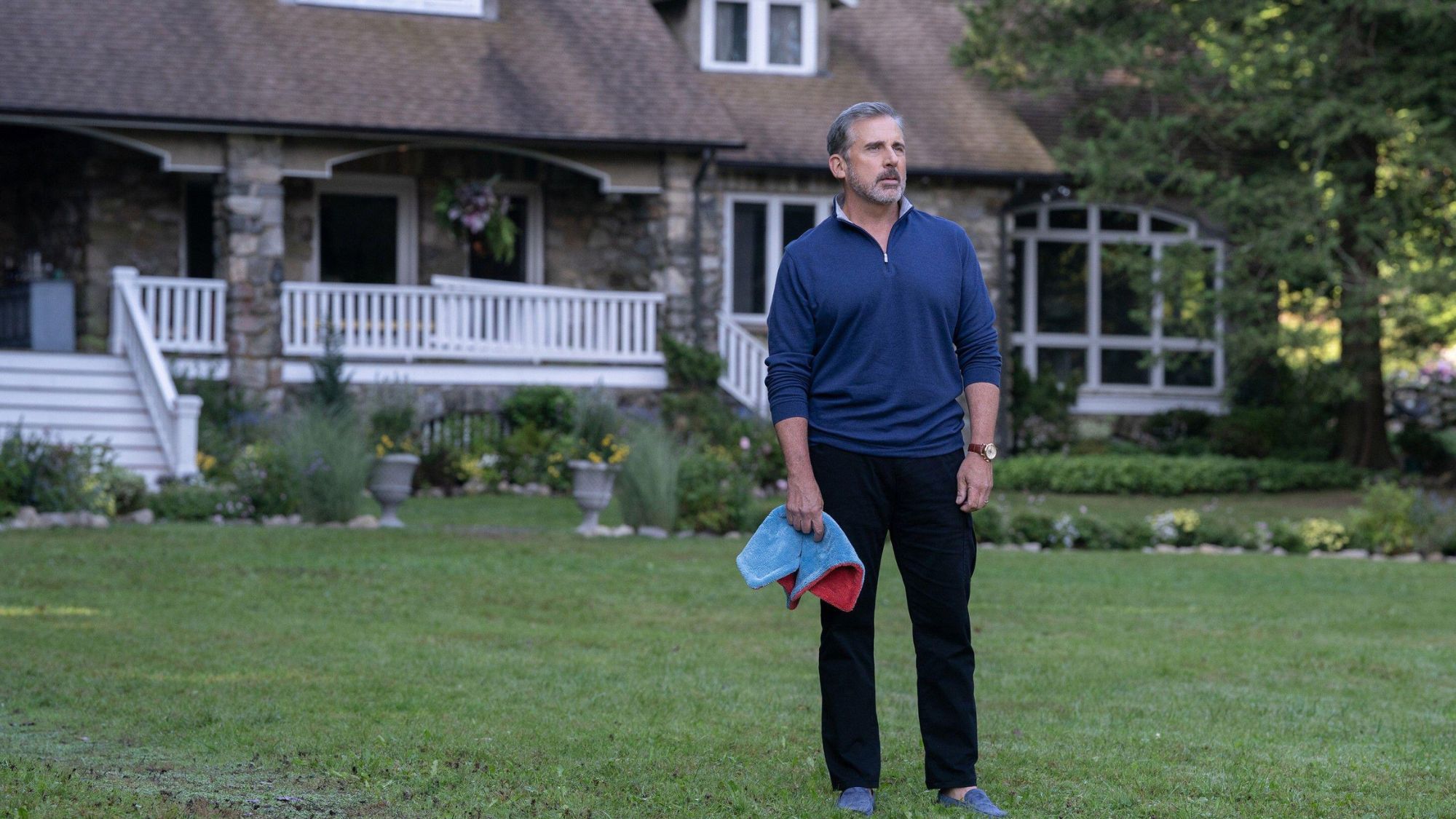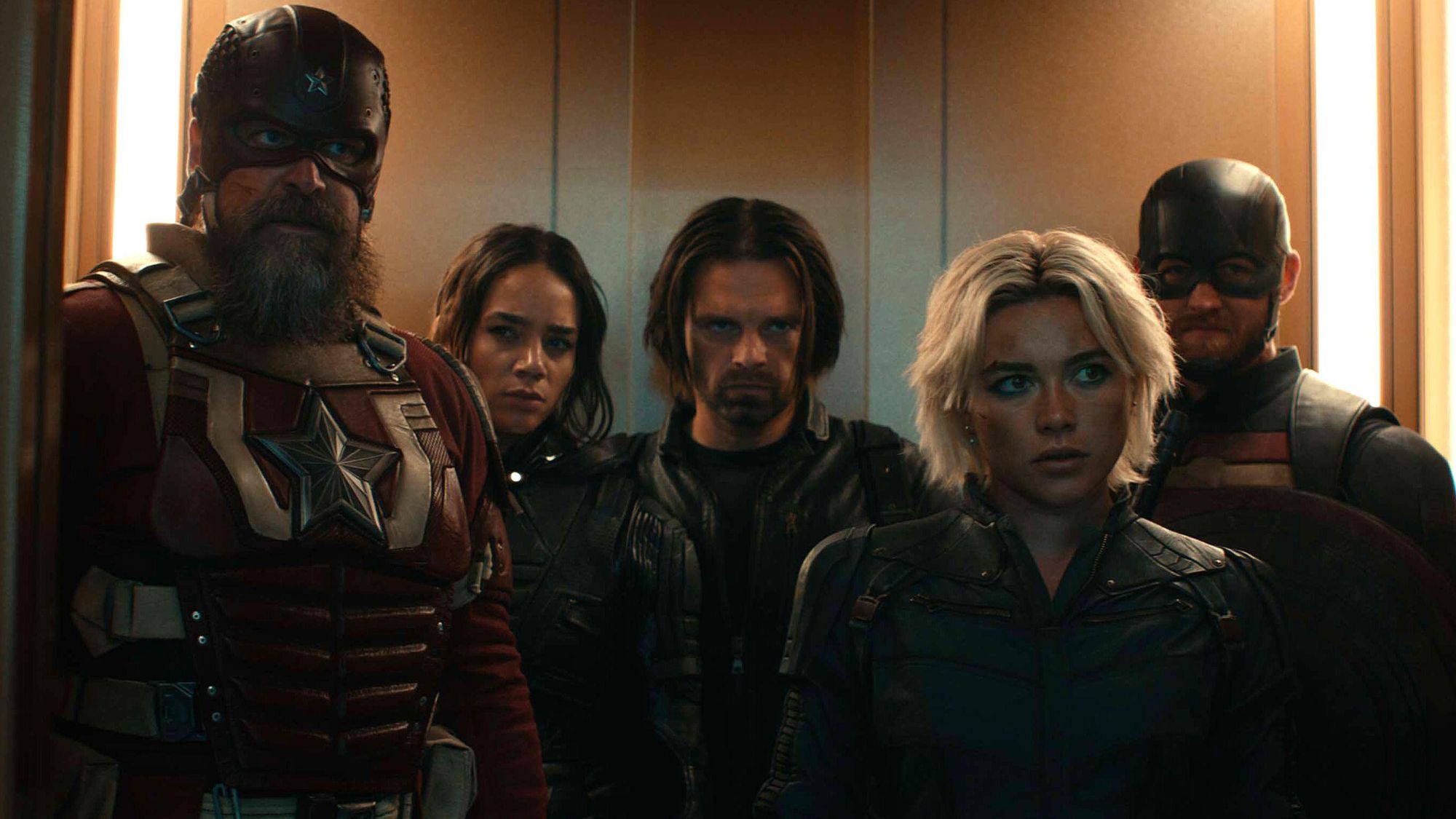America's opioid genocide
America is in a war against opioids. Whose side is Washington on?


There is a genocide going on in this country. And it is a judgment on this nation that we all but ignore it.
We treat other lethal threats much more seriously. Many Americans are rightly concerned with the problem of seemingly unpredictable mass shootings carried out by terrorists or random murderous lunatics. It is easy to be cynical about solutions, but surely there is some reasonable middle ground to be sought between letting every American be his own Rambo and the systematic confiscation of privately owned firearms that would likely leave us with fewer corpses. Likewise, no one makes light of the atomic ambitions of North Korea and Iran, which is why President Trump is going to such extraordinary lengths to check the former.
Why don't we treat our war against opioids with equal alarm?
Subscribe to The Week
Escape your echo chamber. Get the facts behind the news, plus analysis from multiple perspectives.

Sign up for The Week's Free Newsletters
From our morning news briefing to a weekly Good News Newsletter, get the best of The Week delivered directly to your inbox.
From our morning news briefing to a weekly Good News Newsletter, get the best of The Week delivered directly to your inbox.
Some context here is helpful. Around 11,000 people are killed in firearm-related homicides in this country each year. Fewer than 10 Americans have died annually since September 11, 2001, at the hands of Islamic terrorists. Meanwhile, what we have come to refer to so casually as our "opioid epidemic" has now taken more than 200,000 American lives — 30 times more than the Afghanistan and Iraq wars combined, far in excess of the number of Americans who died fighting in our generation-defining misadventure of Vietnam and, indeed, roughly half the U.S. death toll in World War II.
This is why it was so dispiriting to read in The Washington Post on Sunday about the casual cynicism with which Sen. Orrin Hatch (R-Utah) and other members of Congress, including Rep. Tom Marino (R-Penn.), Trump's chosen candidate to be our nation's next "drug czar" — is there a more disgusting neologism in politics? — have effectively neutralized the ability of the Drug Enforcement Agency to go after drug suppliers working openly to supply crooked doctors serving the black market where abusers purchase the poison that will kill them. It is now, the Post reports, "virtually impossible for the DEA to freeze suspicious narcotic shipments from the companies" involved in this activity.
This was not a gross lapse of judgment on the part of these public servants. It was the bought-and-paid-for result of relentless lobbying by the pharmaceutical industry — $106 million in total was spent on this bill and related legislation between 2014 and 2016 alone. For their efforts on behalf of the industry in their respective chambers, Hatch received $177,000 and Marino just shy of $100,000. Verily I say unto you, they have their reward.
This is hardly the first time Hatch's fingers have been caught in this particular cookie jar. He has received consistent funding from pharmaceutical lobbyists for decades now — and he has always repaid them in kind. In 2009 it was discovered by The Washington Times that five pharmaceutical firms and a major industry lobbying group had all cut sizable, albeit undisclosed, checks to a private charity founded by Hatch while hiring the senator's son as a lobbyist.
President Trump, who made drug abuse a cornerstone of his 2016 campaign, insists that he takes this issue seriously. Save for the cause of the unborn — which he is known to mock in private — there is no graver evil in this country to which Trump could turn his attention. Here more so than on any almost any other issue, one would think, there must surely be a broad-based bipartisan consensus that something must be done and soon. Not confirming a known tool of the dope lobby as the director of this nation's drug control policy would be a great first step.
Meanwhile, it is time to stop employing euphemisms. All the headlines are wrong. There is no "opioid epidemic" in the United States. Drug abuse is not a disease like typhoid that spreads with the cold logic of a virus across an unvaccinated population, killing with indifference. Nor are we in the middle of a "crisis" of the kind brought about by the unpredictable behavior of foreign actors, like the Soviet Union putting nuclear missiles 90 miles from our southern coast. It is a war. It is not being waged for ideals, noble or ignoble, but out of sheer greed abetted by indifference. Drug manufacturers and suppliers are destroying hundreds of thousands of Americans, body and soul, to make money. America's greatest enemies are not the Iranians or the North Koreans — they are, in all likelihood, in your stock portfolio.
There is a word for the indiscriminate killing of persons on such a scale. What we are really in the middle of is an opioid genocide.
When will it no longer be considered a gross lapse of decorum to begin referring to Hatch and his ilk as collaborators?
Sign up for Today's Best Articles in your inbox
A free daily email with the biggest news stories of the day – and the best features from TheWeek.com
Matthew Walther is a national correspondent at The Week. His work has also appeared in First Things, The Spectator of London, The Catholic Herald, National Review, and other publications. He is currently writing a biography of the Rev. Montague Summers. He is also a Robert Novak Journalism Fellow.
-
 David Attenborough at 99: a 'radical' voice for climate action
David Attenborough at 99: a 'radical' voice for climate actionIn The Spotlight In his new film 'Ocean', TV's best-known naturalist delivers his strongest message yet
-
 The Four Seasons: 'moving and funny' show stars Steve Carell and Tina Fey
The Four Seasons: 'moving and funny' show stars Steve Carell and Tina FeyThe Week Recommends Netflix series follows three affluent mid-50s couples on a mini-break and the drama that ensues
-
 Thunderbolts*: Florence Pugh stars in 'super-silly' yet 'terrific' film
Thunderbolts*: Florence Pugh stars in 'super-silly' yet 'terrific' filmThe Week Recommends This is a Marvel movie with a difference, featuring an 'ill-matched squad of antiheroes'
-
 The JFK files: the truth at last?
The JFK files: the truth at last?In The Spotlight More than 64,000 previously classified documents relating the 1963 assassination of John F. Kennedy have been released by the Trump administration
-
 'Seriously, not literally': how should the world take Donald Trump?
'Seriously, not literally': how should the world take Donald Trump?Today's big question White House rhetoric and reality look likely to become increasingly blurred
-
 Will Trump's 'madman' strategy pay off?
Will Trump's 'madman' strategy pay off?Today's Big Question Incoming US president likes to seem unpredictable but, this time round, world leaders could be wise to his playbook
-
 Democrats vs. Republicans: who are the billionaires backing?
Democrats vs. Republicans: who are the billionaires backing?The Explainer Younger tech titans join 'boys' club throwing money and support' behind President Trump, while older plutocrats quietly rebuke new administration
-
 US election: where things stand with one week to go
US election: where things stand with one week to goThe Explainer Harris' lead in the polls has been narrowing in Trump's favour, but her campaign remains 'cautiously optimistic'
-
 Is Trump okay?
Is Trump okay?Today's Big Question Former president's mental fitness and alleged cognitive decline firmly back in the spotlight after 'bizarre' town hall event
-
 The life and times of Kamala Harris
The life and times of Kamala HarrisThe Explainer The vice-president is narrowly leading the race to become the next US president. How did she get to where she is now?
-
 Will 'weirdly civil' VP debate move dial in US election?
Will 'weirdly civil' VP debate move dial in US election?Today's Big Question 'Diametrically opposed' candidates showed 'a lot of commonality' on some issues, but offered competing visions for America's future and democracy